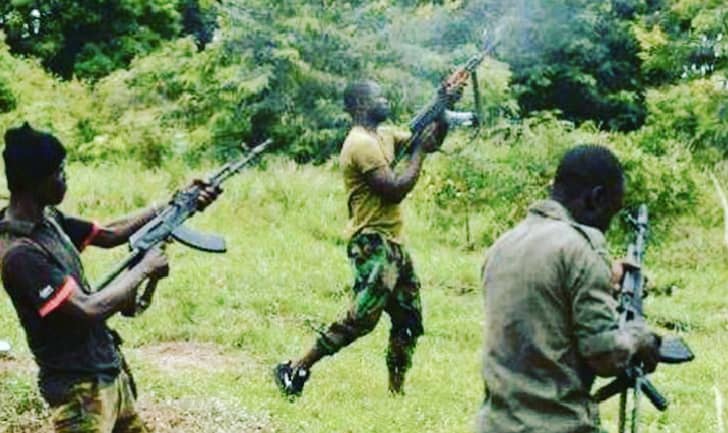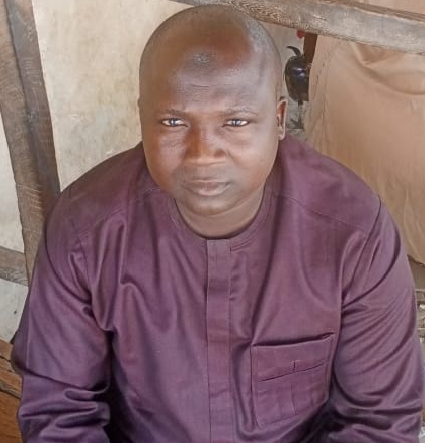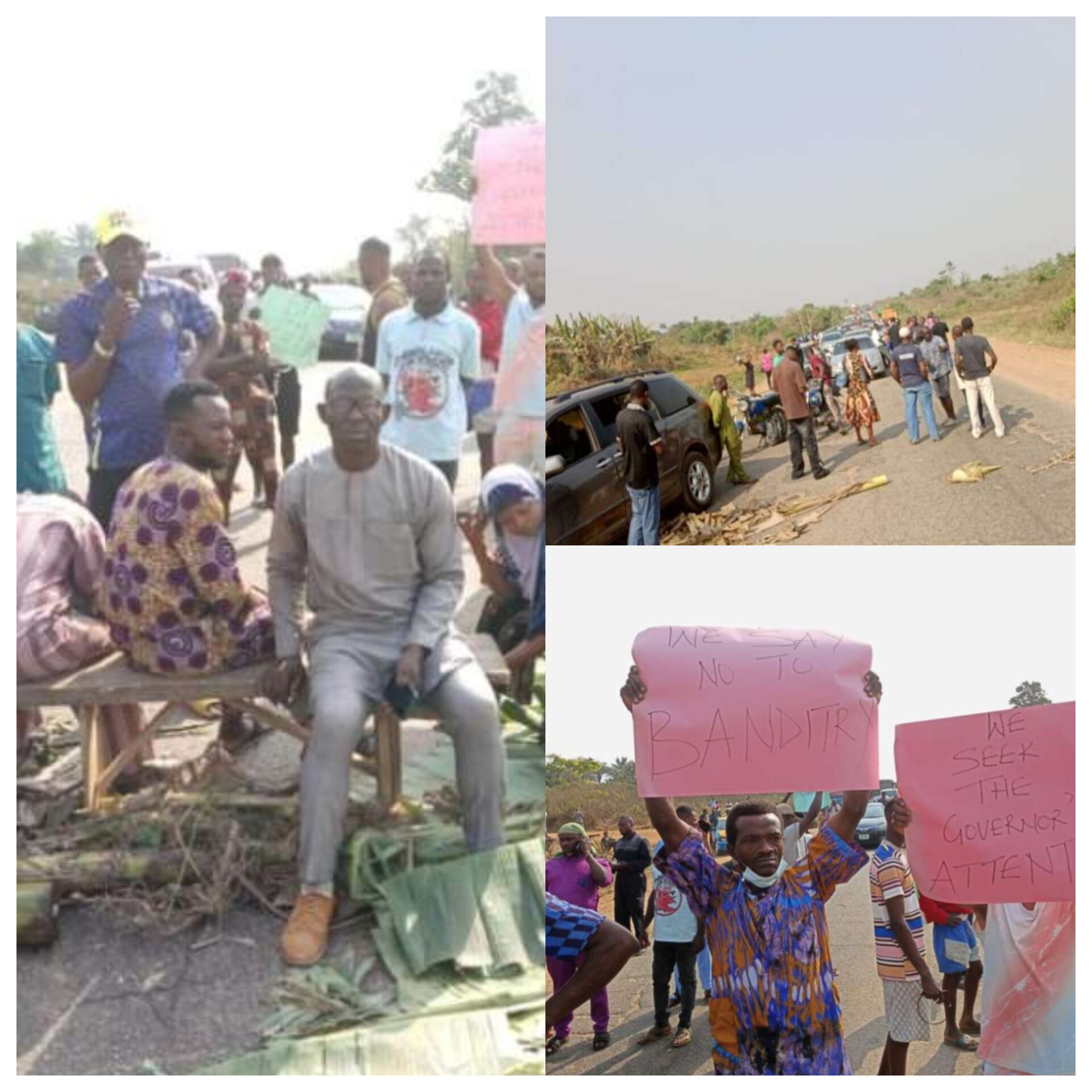ABUJA NO LONGER SAFE: THE ALARMING RISE OF ‘ONE CHANCE’ AND URBAN INSECURITY By Eugene Nanven

ABUJA NO LONGER SAFE: THE ALARMING RISE OF ‘ONE CHANCE’ AND URBAN INSECURITY By Eugene Nanven

For years, Abuja was regarded as one of the safest places in Nigeria. The federal capital stood apart from the chaos that defined insecurity in other regions: the bandit-ravaged villages in the North-West, the insurgency in the North-East, and the kidnappings that plagued highways across the country. Abuja, with its manicured roads, sprawling estates, and concentration of power, was meant to be a city of refuge. But today, that illusion has been shattered.
A new wave of urban insecurity is sweeping through the nation’s capital. It does not carry the heavy guns of bandits, nor the frightening ambushes of highway kidnappers, but its impact is just as deadly. Known locally as “one chance,” this brand of crime has transformed the daily commute in Abuja into a gamble with life and dignity.
What is ‘One Chance’?
“One chance” is not a new phrase to Nigerians. It refers to a type of robbery that happens inside commercial vehicles—mostly unregistered taxis or minibuses. Unsuspecting passengers, in a hurry to get to work or home, hop into what looks like a regular vehicle. But once inside, they realize too late that the other “passengers” are criminals. Victims are assaulted, robbed of money, phones, and valuables, and in some tragic cases, thrown out of moving vehicles or even killed. Women are particularly vulnerable, facing both robbery and sexual violence.
This used to be occasional, whispered as a cautionary tale. But in Abuja today, it has grown into a full-blown epidemic. Reports of people disappearing after boarding taxis are now commonplace. Hospitals treat survivors battered and bruised after being dumped by the roadside. Families grieve for loved ones who never made it home.
For Abuja residents, the fear is palpable. Simple activities like boarding a cab to work or visiting a friend now come with hesitation. People share survival tips on WhatsApp groups: “Don’t enter a car with tinted windows,” “Always check if the driver has a taxi plate,” “Avoid boarding vehicles at night or in deserted places.” These warnings are repeated like sacred chants, yet the criminals adapt. They switch cars, change their pickup spots, and blend seamlessly into the flow of the city.
According to local estimates, hundreds of residents fall victim to “one chance” every month. While official numbers are difficult to pin down, the testimonies are everywhere—on social media, in neighborhoods, at police stations. Abuja’s once-assumed safety is unraveling.
The rise of “one chance” is not happening in isolation. It is part of a broader collapse of urban security across Nigeria. Banditry has swallowed vast parts of the North, turning highways into death traps. In Kaduna, Zamfara, Niger, and Katsina, families live under the constant threat of abduction. In the South-East, violent groups impose their own rules, shutting down businesses with sit-at-home orders. Even Lagos, the economic hub, battles its own demons of armed robbery and cult violence.
Abuja, once thought to be insulated by the presence of government and security agencies, is now proving vulnerable. Criminal gangs understand that urban poverty is rising, police patrols are overstretched, and surveillance is weak. For them, the capital city is fertile ground. And the government are doing nothing about these, making us to think that they have some sort of interest on this.
A young civil servant heading home after a late day at work enters a cab in Wuse, only to wake up hours later, stripped of her belongings and bruised, abandoned on a lonely road outside the city.
A student rushing to class boards what looked like a shared taxi. Midway, he is strangled until unconscious, his ATM card taken, and his account emptied before he is thrown out near the city gate.
These are the stories that now shape everyday conversations in Abuja. People no longer ask if someone has been attacked, but when and how.
The social cost of this insecurity is immense. First, there is the erosion of public trust. When citizens cannot move freely in the capital without fear, it undermines the very foundation of a functioning society. Businesses suffer as workers dread late shifts or evening commutes. The city’s nightlife and transport system shrink under the weight of insecurity.
Second, there is the psychological trauma. Survivors of “one chance” rarely walk away the same. Many suffer from anxiety, depression, or post-traumatic stress. The daily fear seeps into the consciousness of an entire city, breeding suspicion and isolation.
Finally, there is the global perception. Abuja is not just a city; it is Nigeria’s face to the world. Diplomats, investors, and international organizations operate here. If they see Abuja crumbling under the weight of petty but deadly crime, it reinforces the image of a country unable to protect even its capital.
Why Is This Happening?
Several factors fuel the rise of urban insecurity:
1. Unemployment and Poverty – Thousands of idle youths, frustrated by economic hardship, are lured into crime as a means of survival.
2. Weak Policing – The Nigerian police remain underfunded, undermanned, and reactive rather than proactive. Patrols are inconsistent, and trust between citizens and law enforcement is thin.
3. Corruption – Criminal gangs often operate with impunity, with little fear of prosecution. Some victims allege that reporting incidents yields little beyond a shrug from authorities.
4. Population Growth – Abuja is expanding rapidly, with new estates and districts springing up. Security infrastructure has not kept pace with this growth.
The crisis demands urgent, coordinated action. Authorities must prioritize visible policing in high-risk areas, particularly bus stops and taxi ranks. Technology, such as CCTV cameras, GPS tracking of taxis, and a functional emergency hotline, should be deployed. Civil society must continue public awareness campaigns, teaching residents how to identify and avoid suspicious vehicles.
But more than anything, the government must show political will. Abuja cannot afford to slip further into chaos. Restoring confidence in the capital’s security is about protecting Nigeria’s credibility.
Abuja stands at a dangerous crossroads. It can either reclaim its reputation as a safe haven or become another cautionary tale in Nigeria’s long struggle with insecurity. The rise of “one chance” is a symptom of deeper cracks in the nation’s security architecture.
For the millions who live, work, and dream in the capital, the message is clear: the city is no longer safe. Until action matches rhetoric, every taxi ride will remain a roll of the dice, every evening commute a prayer for survival.
The future of Abuja—and by extension Nigeria—depends on how quickly and decisively this menace is tackled.
And when government continues to look away, it deepens the suspicion that those in power have a hand in this crisis. How else can one explain the silence and inaction of a state that boasts one of the strongest military forces in Africa and some of the continent’s most advanced combat capabilities? If these resources cannot be mobilized to protect ordinary citizens in the nation’s capital, then what hope remains for rural communities swallowed by bandits and terrorists?
This lack of decisive response is part of what drives Nigerians to flee the country in search of safety and dignity. The “japa” wave is also about escaping a homeland where survival has become a daily struggle. Abuja, the seat of power, should symbolize safety and stability. Instead, it has become a mirror of government’s indifference, pushing its brightest minds and strongest hands to seek refuge elsewhere.
The future of Abuja—and by extension Nigeria—depends on how quickly and decisively this menace is tackled. For now, the capital is living proof that insecurity is not only a rural problem but a national cancer. And until it is confronted head-on, Nigerians will continue to live like exiles in their own country, while those who can afford to, will simply run.
I am Eugene Nanven and this is part of my extended effort in making the world a better place for all.
Stay safe, stay alert.
Written by Eugene Nanven, a global change ambassador and researcher.





